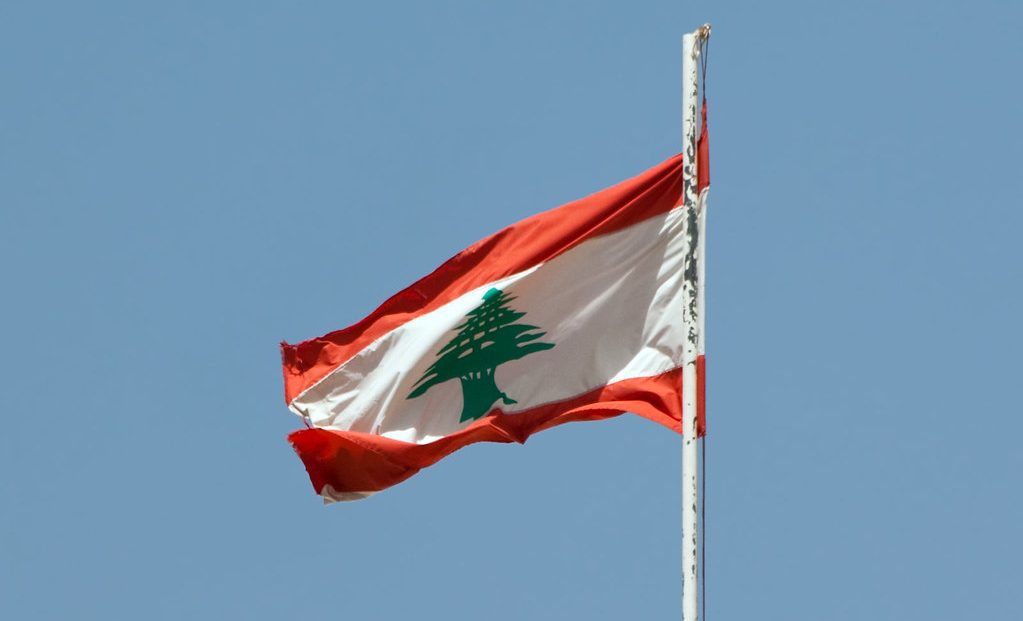A Qatari envoy was in Beirut last week to meet with officials from various Lebanese parties.
Qatar has dismissed claims that is has a “preferred” Lebanese presidency candidate, and reiterated its support for the crises-hit country.
Speaking at a weekly press briefing on Tuesday, Dr. Majed Al Ansari, Qatar’s foreign ministry spokesperson, noted that “it is inappropriate to talk about the existence of an external party that has a preferred candidate” in Lebanon.
“What Qatar and the Arab countries can offer regarding the Lebanese crisis is to support the Lebanese to reach a consensus that will lead Lebanon out of its current crisis,” Dr. Al Ansari said, as quoted by Al Araby Al Jadeed.
The Qatari official’s comments come as reports point to regional support for Lebanese Army Commander General Joseph Aoun as the potential presidential candidate.
Last week, Qatar’s Minister of State at the Ministry of Foreign Affairs Dr. Mohammed Al Khulaifi met with Aoun and other Lebanese officials from different parties in Beirut.
During the first day of his trip to Beirut, Dr. Al Khulaifi met with officials from religious and political sides, including Parliament Speaker Nabih Berri, caretaker Prime Minister Najib Mikati, and Caretaker Foreign Minister Abdallah Bou Habib.
Dr. Al Khulaifi also met with Lebanon’s Grand Mufti Sheikh Abdul-Latif Derian and Maronite Patriarch of Antioch and All the East Bechara Boutros Al-Rahi.
Before concluding his visit, the Qatari envoy met with Free Patriotic Movement leader Jebran Bassil and Lebanese Forces leader Samir Geagea.
Dr. Al Ansari noted that the Qatari envoy’s visit was “exploratory”.
“The Qatari position is to support reaching an agreement among the Lebanese themselves,” Dr. Al Ansari told the press.
The Lebanese presidency has remained vacant since October last year following the retreat of former President Michel Aoun from office.
In February, representatives of various countries – Qatar, Saudi Arabia, the United States, Egypt, France -met in Paris to discuss a possible roadmap for the country and officials in attendance warned that an absence of presidential elections may drive them to reconsider ties with Beirut.
Lebanon has been in a state of paralysis since 2019 that has forced its economy to hit an all time low, especially with the Lebanese currency losing more than 90% of its value to the US dollar.
The Covid-19 outbreak coupled with the devastating Beirut blast of 2020 have exacerbated the already-dwindling conditions in Lebanon.
As a large percentage of the population struggles to make ends meet, families have been unable to access their savings from Lebanese banks.
The public has blamed the situation on corrupt politicians, as well as the prevalent sectarianism within the government.
Central Bank Governor Riad Salameh is facing an investigation in Lebanon, France as well as at least four other European countries over accusations of money laundering, embezzlement and bribery.
Salameh has dismissed all claims of financial misconduct.







